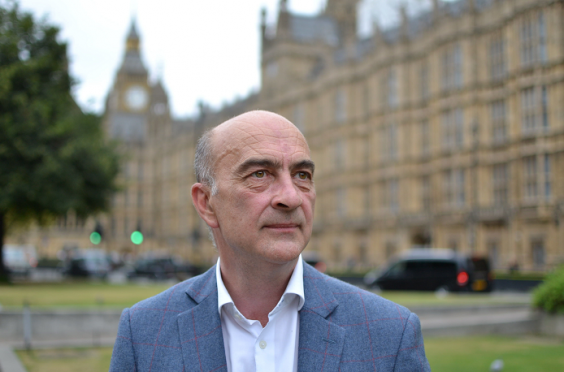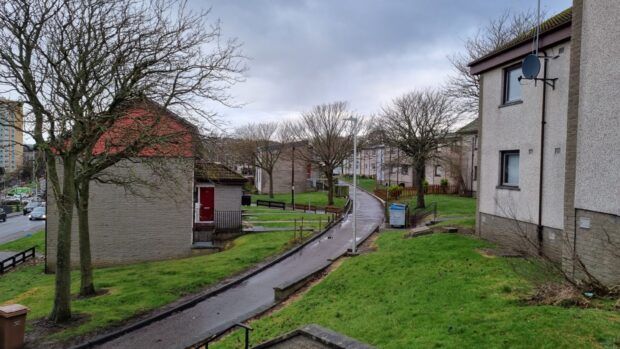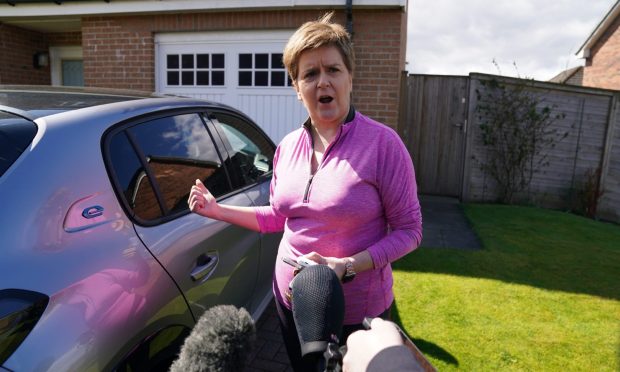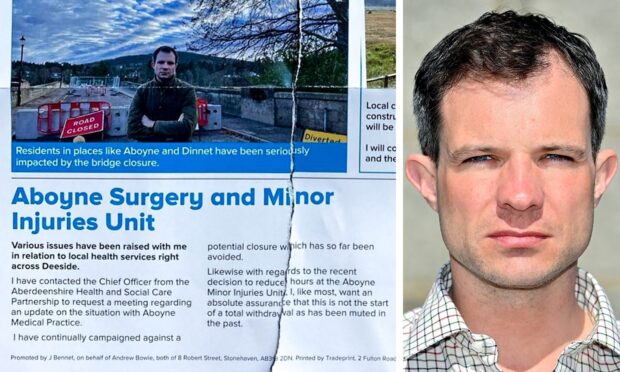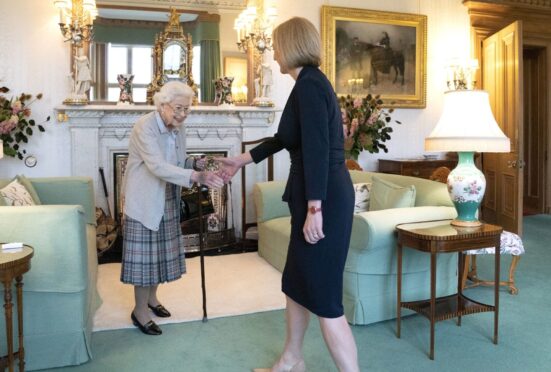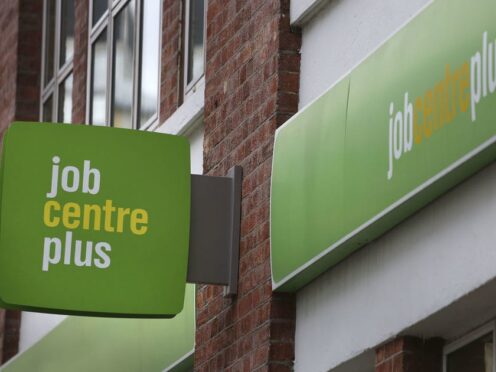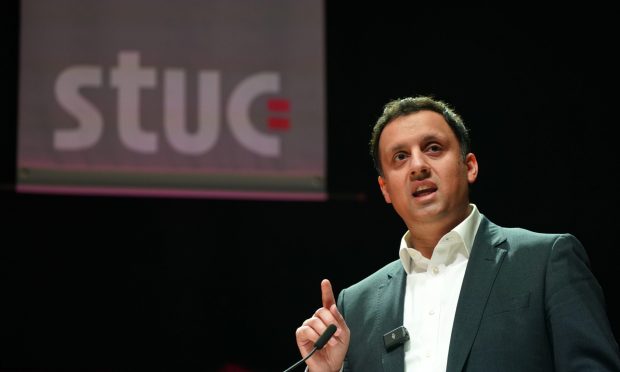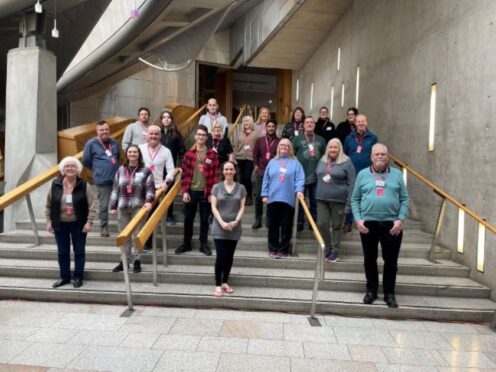Let’s start by stating what should be blindingly obvious and gain universal approval: predatory, unwanted, abusive and inappropriate sexual advances are wrong.
They have no place in any civilised society.
The raft of allegations sweeping UK politics have already lead to resignations: a cabinet minister at Westminster and a junior minister at Holyrood.
There are politicians from all the major parties in the firing line. Women who have been the victim of inappropriate behaviour are now speaking out. Groups of parliamentary staff are circulating names of MPs to be avoided. The media is awash with allegations, rumours, resignations and denials.
It is as if a safety valve has been released. Those who suffered in silence have discovered that they are not alone. That their suffering was not an exception but all too typical of that endured by many. They have now found their collective voice. We have passed a watershed.
There is a big difference between consensual banter and mild flirtation between friends and unwanted sleazy innuendo and degrading, demeaning touching and assault. Most of us know ourselves where that distinction is drawn. But do we all agree where that line is?
Those brought up in the 60s, 70s or 80s will have lived through a time when what was considered the norm is very different from that which applies now. That is not to say that inappropriate behaviour in the last century was acceptable. It was not… But the vast majority just took it for granted. It was the way it was. You only have to look at the TV sitcoms of 40 or 50 years ago to see what I mean. We have come a long way but the last few days have shown we still have further to travel.
Attitudes to race, gender, sexuality and sex have changed. For the better. But we must ensure that all victims have a voice. And that their voice and the change in behaviour and attitudes required from us all will be undermined if people jump on the bandwagon for the wrong reasons. It is already claimed that the motives of some are political. Not those of the staff at Westminster, but of some politicians. If anyone tries to hijack this for personal or political gain, then they must be exposed and shouted down. The real horrors and abuse suffered by real victims is the real issue. Not some political point scoring.
Importantly too, we should remember that, as in the case of domestic abuse, not all victims are women. There will be cases involving same sex situations and cases where men are the targets. Anyone who abuses a position of power, physical or emotional, must be called out. Any victim of any gender must feel empowered to speak out.
We all deserve to be able to live, work and relax in peace – free from intimidation – safe in the knowledge that a friendly smile is just that. That our personal space is ours and we invite family and friends to it as equals. That anything more requires consent. That nobody is anybody else’s plaything.
